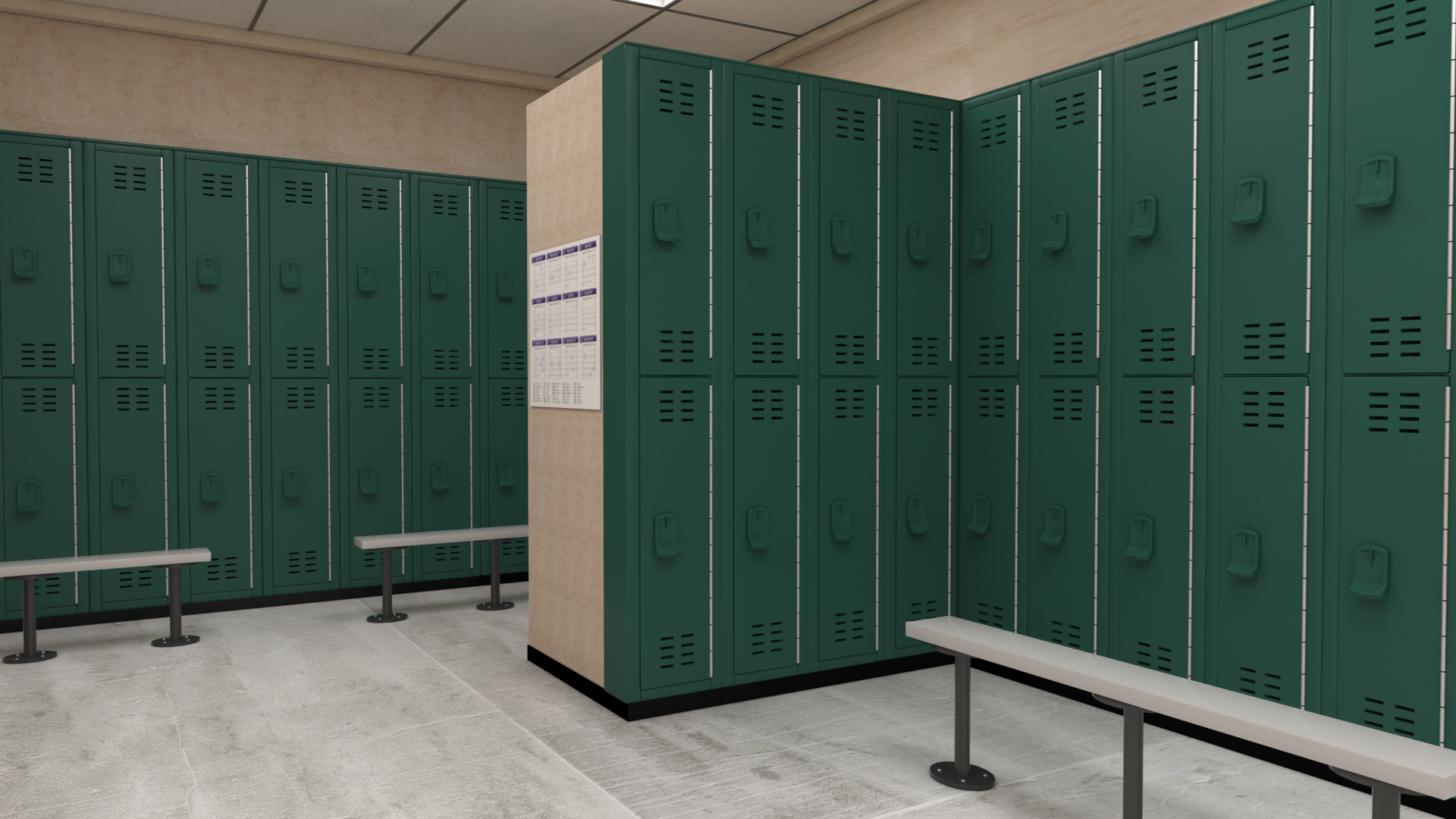Lockers serve as indispensable storage solutions in a variety of settings, from schools and gyms to workplaces and public facilities. Selecting the right locker involves considering several factors to ensure it meets your specific needs. Whether you're purchasing Lockers for personal use or for a business or institution, this buyer's guide will help you make an informed decision.
Purpose
Before diving into the specifics of locker types and features, consider the primary purpose of the lockers. Are they meant for storing personal belongings in a gym, securing valuables in a school, or organising equipment in a workplace? Understanding the intended use will guide your decision-making process.
Material
Lockers are available in various materials, each offering distinct advantages:
Metal: Durable and resistant to wear and tear, Custom Metal Lockers are ideal for high-traffic areas such as schools and gyms. They are also relatively low-maintenance and can withstand harsh environments.
Plastic: Lightweight and corrosion-resistant, plastic lockers are a popular choice for wet or humid environments like swimming pools or outdoor facilities. They are easy to clean and resistant to rust and mold.
Wood: Offering a classic and aesthetic appeal, wooden lockers are often chosen for upscale facilities such as spas or country clubs. However, they require more maintenance to prevent warping or damage from moisture.
Size and Configuration
Consider the available space and the items that need to be stored when selecting the size and configuration of lockers. Common configurations include single-tier, double-tier, and multi-tier lockers, each offering different compartment sizes and storage capacities. Assess the space constraints and storage requirements to determine the most suitable option.
Security Features
Security is paramount when choosing lockers, especially in environments where valuable or personal items will be stored. Look for lockers equipped with robust locking mechanisms such as padlocks, combination locks, or electronic locks. Additionally, consider features like reinforced doors and hinges to prevent unauthorised access or tampering.

Ventilation and Drainage
In environments prone to moisture or odours, ventilation and drainage are essential considerations. Opt for lockers with perforated doors or sides to allow airflow, reducing the risk of mould and mildew buildup. Additionally, choose lockers with built-in drainage systems to prevent water accumulation in wet areas like swimming pool changing rooms.
Accessibility
Accessibility is crucial, especially in facilities catering to individuals with disabilities or special needs. Ensure that the lockers comply with accessibility standards and provide features such as wheelchair-accessible compartments and adjustable shelves to accommodate users of all abilities.
Aesthetics and Customization
While functionality is paramount, aesthetics also play a role, particularly in environments where appearance matters. Choose lockers that complement the overall design aesthetic of the space, whether it's sleek and modern or rustic and traditional. Additionally, consider customisation options such as color choices, branding opportunities, or personalised locker tags to enhance the visual appeal and promote a sense of ownership among users.
Durability and Warranty
Invest in lockers that are built to last, with durable construction and high-quality materials. Check for warranties and guarantees offered by the manufacturer to ensure peace of mind and protection against defects or damage. A longer warranty period is indicative of the manufacturer's confidence in the product's durability and reliability.
Budget
Finally, consider your budget constraints when selecting lockers. While it's tempting to opt for the cheapest option, prioritise value and quality to avoid frequent replacements or repairs in the long run. Compare prices from different suppliers and weigh the features and benefits offered by each option to make an informed decision that aligns with your budgetary limitations.
Conclusion
Choosing the right locker involves careful consideration of factors such as purpose, material, size, security features, ventilation, accessibility, aesthetics, durability, and budget. By assessing your specific needs and preferences against these criteria, you can select lockers that provide optimal storage solutions while ensuring durability, security, and user satisfaction.



No comments:
Post a Comment